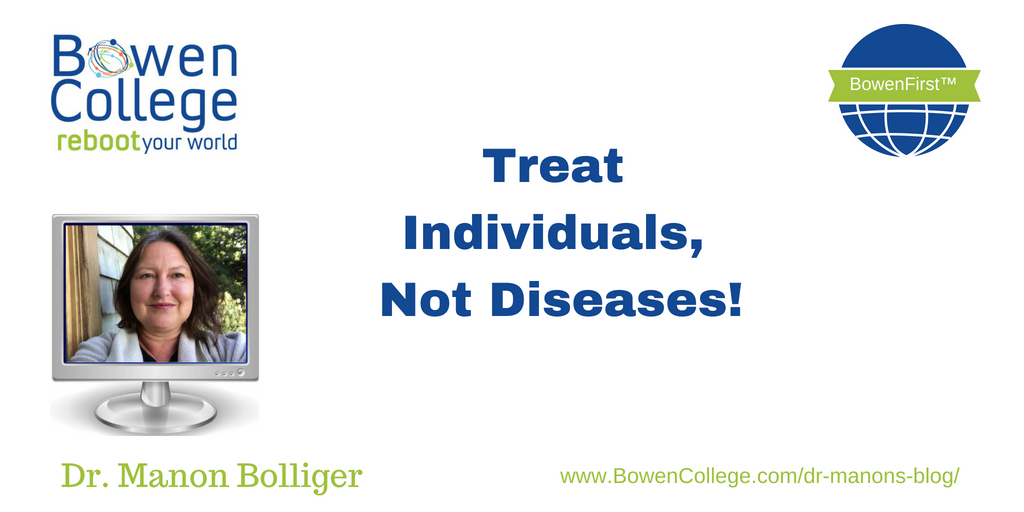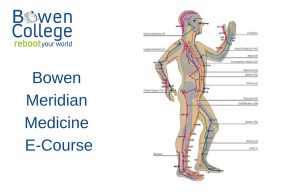By this point, anyone who has been following this series of blog posts will realize that an integrative approach to health is necessary, encompassing the patient’s full understanding and commitment to therapy. Treating a “disease” without treating the person who developed it is pointless. The advantages of engaging patients as co-facilitators in achieving improved health far outweigh those of the biomedical “GP as Expert” approach. Research shows that the patient’s increased control over body and health yields beneficial results.
The “self-regulatory” approach to health management engages the patient’s will to implement treatment advice. The approach is founded on an understanding that for medical treatments to be effective the patient needs to be interested in improving their own health.
Doctors might ask, how responsible are we for assessing a situation and exploring possible “prescriptions”? To how much of the patient’s story do we relate and through what filters will we assess the patient’s choices and their possible impact on the patient’s life?
To step away from the simple drug prescription associated with the said diagnosis, the role the doctor plays must change. When one delves into the root causes of diseases – etiology, circumstances, aggravating factors, stressors, coping skills, psychological outlook, support systems available, etc. – the prescription becomes much more elaborate and individualized. What is true for one patient suffering from the same disease or ailment is not necessarily true for the other.
Symptoms have a different meaning for different patients. Getting at such meaning is the core of an individualized approach to health. I explore this matter in my next post.









